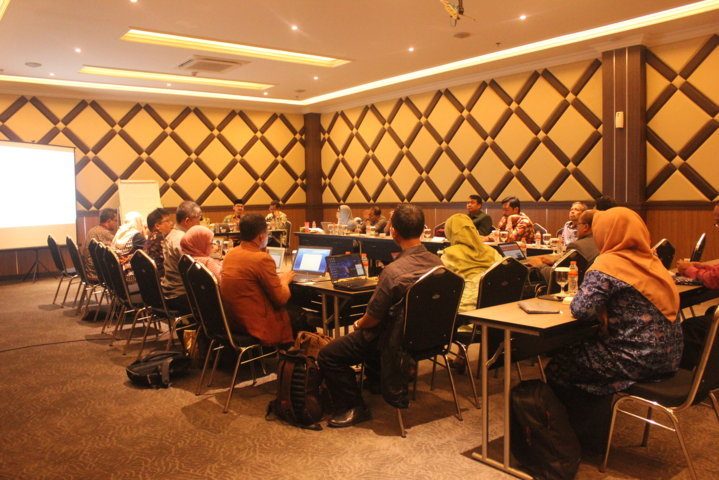Research on Islamic Literature used at Schools and Universities

Research on Muslim Youth: Attitudes & Behavior on Violence and Extremism
June 21, 2018
Project Board Meeting
June 21, 2018The uprise of terrorism and violent extremism in Indonesia is somewhat correlated to Islamization. Those horrifying attacks and incidents often bursted upon religion causes. Thus, the spread of radicalism and violent extremism perspective oftentimes rides in religious communication methods as well, including Islamic literature publications.
Story which tells that radical and extremist groups are targeting youth at foremost is not a novel tale. They even innovate their methods to recruit and spread messages through millennial friendly way, including through academic or education landscape. They have gone through school and university institutions, internet and social media realm and into popular literature publication which favored to young generations.
A previous research conducted by PPIM UIN Jakarta on Islamic religious education textbooks taught at schools found some radical notions inside the book (PPIM, 2016). For example, the books consisted with such permissibility of killing the infidels or Kafir, supporting caliphate system to replace Indonesian fail democratic system, and many other violent phrases and teachings. Even more depressing, such notions not just appeared at junior or senior high schools, yet also at kindergartens.
The following research, in cooperation with the Center of the Study of Democratic Islam and Peace (Pusat Studi Islam Demokrasi dan Perdamaian/ PusPIDeP) Graduate School of UIN Sunan Kalijaga Yogyakarta under CONVEY Project meant to explore further on Islamic religious education textbooks that existed, used, or taught at schools. Including those kept in the library, bought by students from outside of schools yet being used to study, and those in hands of the teachers. The research focus on what kind of perspectives being spread through the books, how the students accept it, how the teachers and the educational institutions confirm to it, and how the publishers support it.
Further findings and research can be explored in the book “Literatur Keislaman Generasi Milenial: Transmisi, Apropriasi, Kontestasi” (Islamic Literature among Millennials: Transmission, Appropriation, Contestation). The research also recommend some evidence-based strategic policies to the Ministry of Religious Affairs. Check the policy brief written in Bahasa here, or in English here. Presentation of the findings and brief analysis compiled as well in a book report “Peta Literatur Keislaman Generasi Milenial: Ideologi dan Jaringan” (Mapping of Islamic Literature among Millennials: Ideology and Network).
Also related: Policy brief to recommend the establishment of Lajnah Penashih (Verification Committee) of Islamic Religious Education Book. Check it written in Bahasa here, or in English here.
Check out the illustrative video graphic and infographic book of the research below.
literatur-milenial-terbaru



